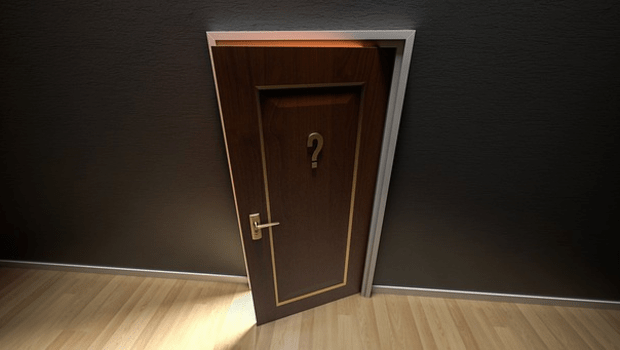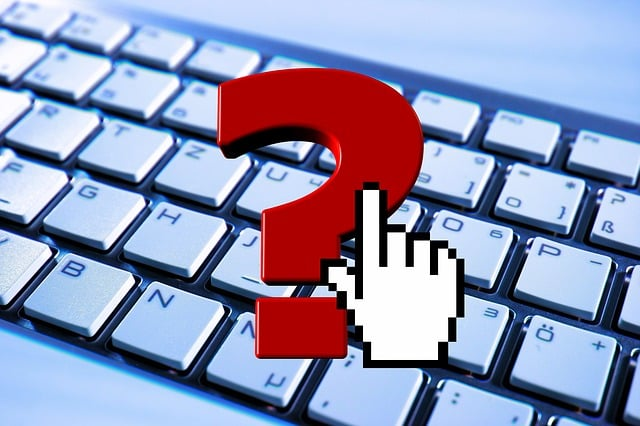-

-
Published on
01/10/2019
by Any Business.Com.Au
Buy or start a business?
You may be thinking of starting a new business, or you may be looking to buy an established business. Perhaps you've decided to turn your hobby into a business or to become a contractor.
Owning a business can involve a lifestyle change as well as large financial commitment. Analysis can help you anticipate any challenges you may face and help you overcome them.
We've included key areas to help you in thinking about the business you'd like to start or the business you'd like to buy, the planning process and identifying how your product or service will differ from those of other businesses in the marketplace.
Analyse yourself
Are you ready to venture into business?
Operating a small business is not just about working for yourself, it's also about having the necessary management skills, industry expertise, technical skills, finance and of course a long-term vision to grow and succeed.
At the outset it's important to consider whether you really understand what's involved and whether you're suited to business and self employment.
Examine these questions:
- Am I better to start a new business or buy an existing one?
- What are your business and personal goals?
- What are your skills?
- What income do you need to generate?
- What are the advantages and disadvantages of starting your own business?
- How long do you plan to run a business?
Know your strengths and weaknesses
You will require a number of skills to start or run an existing business successfully.
The skills needed can often include:
- management skills, including business planning and the ability to think long term
- interpersonal skills, including the ability to communicate and network well to grow your business
- industry expertise
- technical knowledge, particularly about the product or service you are selling
- marketing skills and knowledge to promote your products and services
- finance skills.
Know your product or service
This knowledge is essential to any whether you are starting a new one or buying an existing business, whether online, home-based or otherwise.
Without a good idea of what product or service you'll offer, it can be very hard to move forward with planning and marketing your business.
Your product or service will influence your business structure too. Depending on what you market or sell, will you only do business online, or will you also have an office space or store to run as well?
This can have an impact on your business in terms of staffing, storage space, and rent costs.
Before you start or buy an existing business, find out if people are interested in buying your products or services. Find out who your competitors are and whether the market can sustain your business.
Know your customers
Knowing who you'll be selling to can help you define your business. Do some research into your potential (or existing) customers or clients, and their habits - this means checking out who will be buying or using your goods and services, and how they normally do this.
Buy an existing business
If you plan to buy an existing business, carefully analyse both the advantages and disadvantages, including the history, which is likely to impact the future of the business. One advantage is that a good business history can increase the likelihood of a successful operation and ensure that finance is easier to obtain. Potential disadvantages can be overestimating the goodwill figure and a poor public image inherited from the previous owner.
Things to consider when buying an existing business
As a prospective business owner you should determine the current worth of the business and its future prospects.
When buying a business and considering its worth, you'll think about:
- Vendor - Why and what are the reasons the business being sold?
- Sales - Can you see any patterns or trends? What is the business' customer base? Who are the current suppliers?
- Costs - What are the fixed and variable costs? Are there any staff costs?
- Profits - Have you looked at previous financial records? Is the business profitable?
- Assets - What assets does the business have? Does it have any intellectual property or leasing arrangements?
- Inventory - Is the inventory on-hand being included in the purchase? How is the inventory managed, stored and distributed currently? Are there systems in place and what is the calculating turnover rate?
- Liabilities - Does the business have any outstanding debts? What refunds and warranties still exist for the business? Are there debts owing on assets that are registered on the Personal Property Securities Register?
- Purchase agreement - Have you reviewed the purchase agreement carefully?
- Tax - What kinds of tax will apply? Consider GST, Capital Gains Tax, and stamp duty implications.
- Legal issues - What are the legal agreements on leases?
- Business structure - What is the business structure? Do you need or want to change the business structure to suit your business needs? Do you know the different legal, tax and record keeping requirements of your current business structure, or the one you want to change to?
- Partnerships - Are you buying a business with a business partner? Do you have a partnership agreement in place before you purchase?
- History - What has and hasn't worked in the business for the previous owner?
- Expectations - Do you have an idea of what expectations you'll need to manage as a franchisee or business owner?
- Planning - Have you written your Business plan and Marketing plan to help you document your business objectives and identify how this business will meet your goals?
Franchising is another option you can consider if you're looking to buy an established business.
Franchising allows a business to operate under the name and brand of an existing business, and sell their products or services.
For advice and protection in buying a business we suggest that you seek the services of a solicitor, accountant or business adviser.
How much will it cost to buy an existing business?
There are many considerations that are taken into account when estimating a business' worth including sales, costs, profits, assets, liabilities, tax and legal issues.
To help you determine a fair price, seek advice from a solicitor, accountant or business advisor.
Related articles



